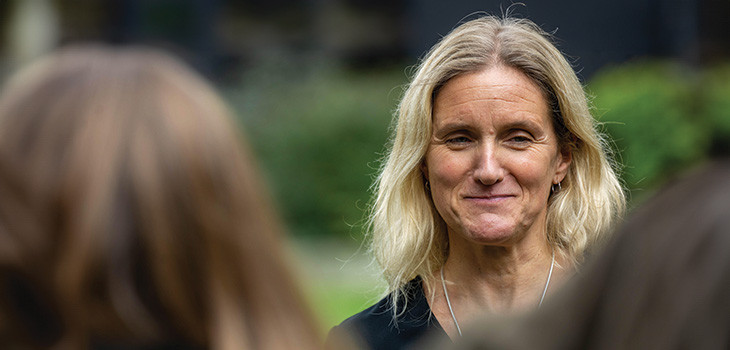
On 29 November 2024, the House of Commons voted in favour of the Terminally Ill Adults (End of Life) Bill, a watershed moment in the discussion in England & Wales around the evolution of that most morally and legally difficult subject of whether a person should be allowed to ask for assistance to end their own life.
This outcome is unsurprising and reflects the desire to create a permissive regime that has the potential to ease the pain and suffering of an unfortunate few. Rather than opening the door to a slippery slope, this is a niche, closely controlled opportunity to support those who might need and want help in ending their lives to have the ability to do so. But what questions remain unanswered, and can we draw any international comparisons?
The proposals in Kim Leadbeater MP’s draft Bill bear some striking resemblances to the Bill proposed in the House





.tmb-mov69x69.jpg?sfvrsn=961ae4db_1)
95ca96e3d47f4eff8d147c4f0df17c77.tmb-mov69x69.png?sfvrsn=3db5d86b_1)

